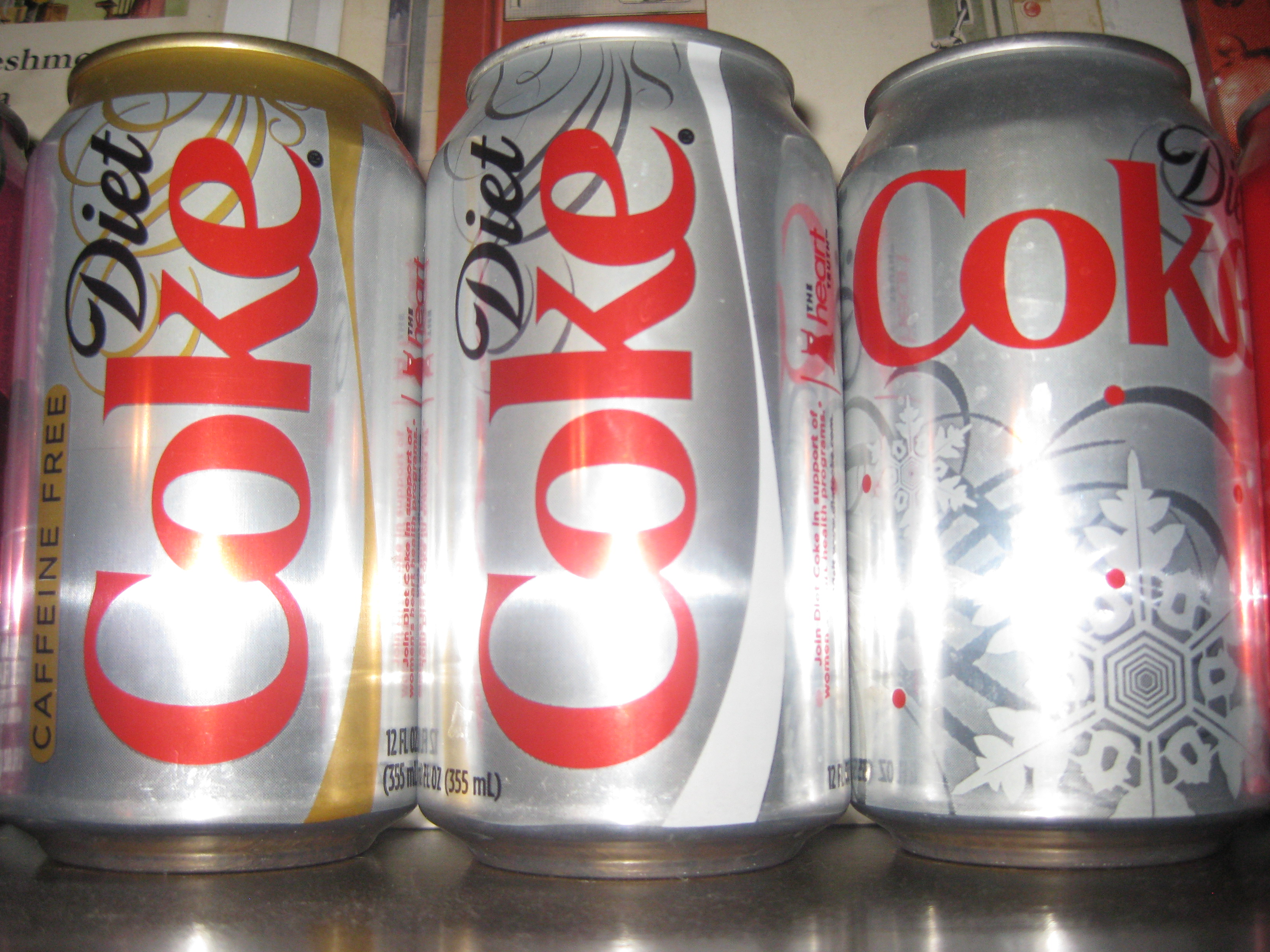
Coke Illegally Claims Diet Soda Can Combat Weight Gain
This video features Dr. Ralph G. Walton, M.D. chairman of the Center for Behavioral Medicine, and a professor and chairman of the Department of Psychiatry at the Northeastern Ohio Universities College of Medicine.
Dr. Walton is one of the leading researchers on aspartame, and in this interview, he discusses his research, and his appearance on 60 Minutes with Mike Wallace.
He begins talking about aspartame about 15 minutes into the video, after reviewing some of his family history.
The artificial sweetener aspartame is typically used to sweeten so-called "diet" foods and beverages in lieu of sugar (or high fructose corn syrup, HFCS) — the idea being that consuming fewer calories will result in weight loss.
July 22, 2015 | Source: Mercola.com | by Dr. Joseph Mercola
This video features Dr. Ralph G. Walton, M.D. chairman of the Center for Behavioral Medicine, and a professor and chairman of the Department of Psychiatry at the Northeastern Ohio Universities College of Medicine.
Dr. Walton is one of the leading researchers on aspartame, and in this interview, he discusses his research, and his appearance on 60 Minutes with Mike Wallace.
He begins talking about aspartame about 15 minutes into the video, after reviewing some of his family history.
The artificial sweetener aspartame is typically used to sweeten so-called “diet” foods and beverages in lieu of sugar (or high fructose corn syrup, HFCS) — the idea being that consuming fewer calories will result in weight loss.
However, research has completely demolished this notion, showing that artificial sweeteners actually have the converse effect; they lower appetite suppressant chemicals and encourage sugar cravings and sugar dependence, thereby raising your odds of unwanted weight gain.
Research has also shown artificial sweeteners promote insulin resistance and related health problems just like regular sugar does.
Use of the Word ‘Diet’ in Weight-Boosting Products Is Deceptive, False, and Misleading
False advertising is prohibited by federal law, and the term “diet” is only permitted on brands or labels when it is not false or misleading. In light of the burgeoning research demonstrating that artificially sweeteners actually raise your risk of obesity rather than combat it.
The consumer group US Right to Know (US RTK) has asked the Federal Trade Commission (FTC) and the Food and Drug Administration (FDA) to investigate Coca-Cola Co., PepsiCo. Inc., and other companies for false advertising.
In its citizen petition to the FDA, US RTK asks the agency to issue warning letters to Coca-Cola and Pepsi, concluding that the beverages are misbranded because the use of the term “diet” is false and misleading.
On July 1, US RTK sent another letter to the FDA, urging the agency to stop Coca-Cola Company from making “illegal claims that its artificially sweetened sodas prevent, mitigate or treat obesity,” noting that Coca-Cola has made such claims on at least eight occasions.
For example, Coca-Cola Company recently announced that its number one “global commitment to fighting obesity” is to “offer low- or no-calorie beverage options in every market.”
If artificially sweetened beverages promote obesity rather than fight it — which research clearly indicates it does — then Coca-Cola’s commitment is anything but helpful. Nor is it supported by science.
As noted in a recent US RTK press release:
“‘Federal law and rules allow food companies to make science-based ‘health claims’ that link a product to reduced risk of a disease, but prohibit them from making ‘disease claims,’ or claims to ‘diagnose, mitigate, treat, cure, or prevent a specific disease.'”
In this case, there is growing scientific evidence tying artificial sweeteners to weight gain, not weight loss.
‘Coke is gulling consumers into believing that artificially sweetened soda is a treatment for obesity,’ said Gary Ruskin, co-director of U.S. Right to Know.
‘Coke is wrong on the facts and the FDA should stop them if they are on the wrong side of the law.'”
